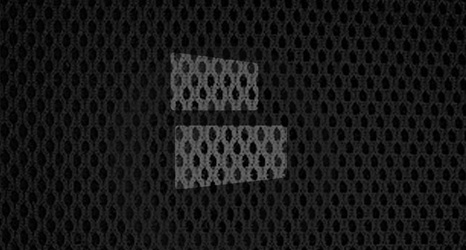For years, most traditional sponsorship deals have been fairly simple. Brands have tended to pay organisations for promotion, with team jerseys being the hottest spot for logo placement, usually taken by the biggest fish. Compared to advertisements, there’s barely any difference.
In the esports industry, sponsorship is the major source of revenue for most businesses, yet it’s becoming less and less common to see a mere logo-placement kind of deal. Instead, all sorts of two-way collaborations flood the market.
Take the recent Team Liquid partnership with German software corporation SAP. Using its business technology platform with predictive and machine learning functionalities, the company reportedly helps Team Liquid’s Dota 2 team improve its match preparation routines, gain new strategic insights and ultimately elevate its gameplay.
